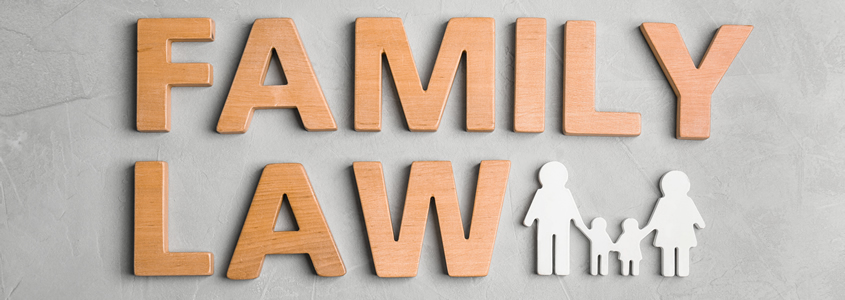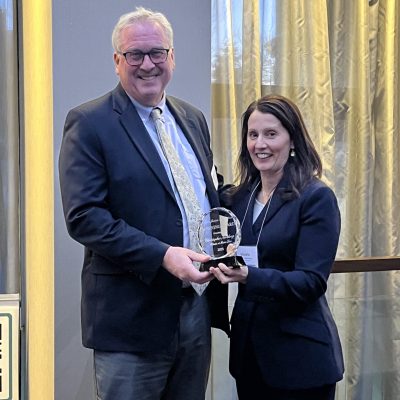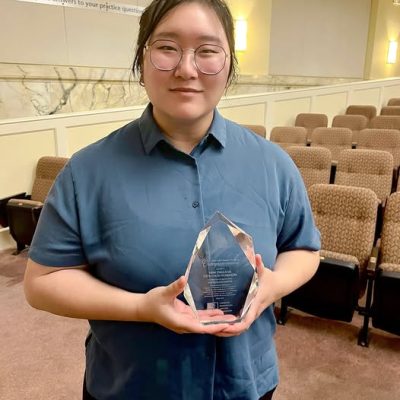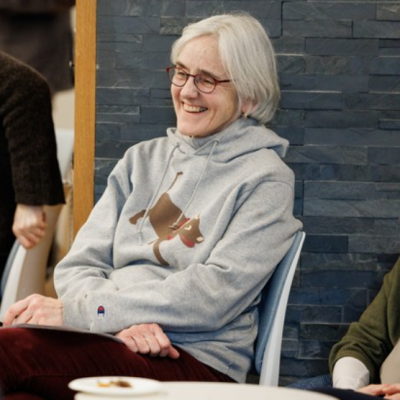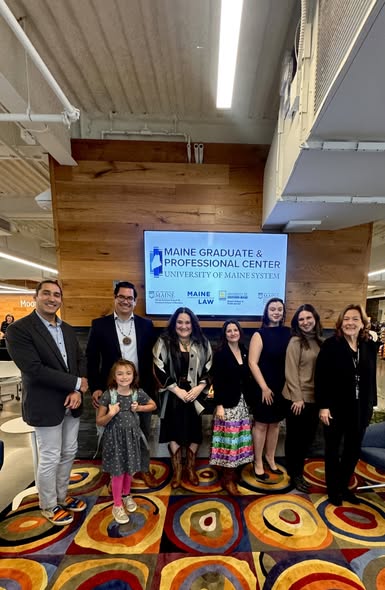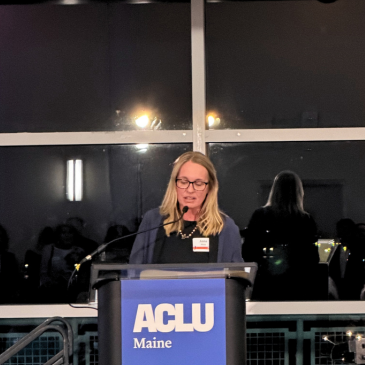Through the Cumberland Legal Aid Clinic, University of Maine School of Law students have an opportunity to assist children and youth in a range of legal and policy matters and to be involved with leading juvenile justice reform initiatives in the U.S. with a substantially greater impact. Below are a few highlights from our recent work.
- The Juvenile Justice Clinic (JJC) and Maine Center for Juvenile Policy and Law (MCJPAL) received a Rapid Response Mini-Grant from the National Juvenile Justice Network. The program provides small grants to help local organizations address the direct needs of youth and their families during the COVID-19 pandemic. MCJPAL and JJC used the grant funds to purchase phones, phone cards, and grocery cards to help with essential services for justice-involved youth.
- A JJC student, Jonathan Ruterbories, led a recent effort to improve appeals rights for youth charged with serious offenses. “An Act to Provide an Immediate Opportunity to Appeal for a Youth Bound Over into Criminal Court” was signed by Governor Mills on March 17, 2021, and it clarifies that a youth whose case is transferred to adult criminal court can appeal the court’s “bind-over” decision immediately. Jon wrote about his experience in this blog post.
- MCJPAL facilitates a juvenile justice practitioner work group that collaborated with researchers at the USM’s Muskie School of Public Service on the 2017 report, Unsealed Fate: The Unintentional Consequences of Inadequate Safeguarding of Juvenile Records in Maine, which documented widespread confusion and misinformation about the law and policy around the handling of juvenile records. The work group has since worked to implement the recommendations of that report, including informing updates to the Juvenile Code, providing input to the Judicial Branch around its transition to a digital records system, and producing educational material for youth and families about what it means to have a juvenile record in Maine.
- In partnership with University of Southern Maine’s Place Matters project and the Department of Corrections, MCJPAL developed, supports and co-facilitates Regional Community Care Teams designed to help individual system-involved youth and their families and to inform broader system change and investment in a community-based continuum of care. Juvenile Justice Clinic students have also worked with MCJPAL to create a resource for working with youth transitioning out of state care. Details about the project, including youth and system outcomes, are being tracked and will be compiled and analyzed by the team and shared in Fall 2021.
- Jill Ward, project manager at MCJPAL, continues to serve as one of three co-chairs of a statewide juvenile justice task force created to provide support and guidance for a comprehensive assessment of Maine’s juvenile justice system conducted by the Center for Children’s Law and Policy (CCLP) and funded by the state Juvenile Justice Advisory Group (JJAG).
- Addressing the unique and complex needs of immigrant youth is a significant focus of the student attorneys’ work in the Cumberland Legal Aid Clinic. Juvenile Justice, General Practice, and Refugee and Human Rights Clinic students collaborate to provide representation for children in both state court proceedings and U.S. Citizenship and Immigration Services filings. This diverse in-house expertise of all three clinical programs makes the Cumberland Legal Aid Clinic uniquely qualified to provide this holistic representation for children throughout all stages of the SIJS process.
- As part of our systemic advocacy to assist Maine’s immigrant youth, two Clinic students organized a team of lawyers to draft a bill to extend SIJ Status protections to Maine children between the ages of 18 to 20. “An Act To Enhance the Long-term Stability of Certain At-risk Youth,” which was enacted by the Maine Legislature and signed by the Governor in 2019, extends state-court jurisdiction for certain vulnerable immigrant youth up to age 21. We have recently seen the direct impact of this new law, with USCIS approving lawful permanent residence for young adults who would not otherwise have been able to access this pathway but for the expansion of SIJS eligibility through this important legislation.
- The Clinic also coordinates the work of the Immigrant Youth Working Group, which includes dozens of area stakeholders and service providers, meets regularly to exchange ideas, experiences, and resources with other individuals working with abandoned, abused, or neglected immigrant children. One of the groups’ significant accomplishments was the publication of the Immigrant Youth Resource Guide, which is available on Maine Law’s website in English, French, and Spanish.
- Maine Law students develop and hone their skills in Child and Family Law and support improved access to justice in Maine through participation in the General Practice Clinic, Prisoner Assistance Clinic, and Protection from Abuse programs as well. Learn more about the Cumberland Legal Aid Clinic, including our 50th Anniversary and more recent Annual Report, at this link.
Outside of the Cumberland Legal Aid Clinic, Maine Law students also study with faculty working on cutting-edge and influential scholarship in the areas of Child and Family Law. For example, Professor Jessica Feinberg’s latest article, “After Marriage Equality: Dual Fatherhood for Married Male Same-Sex Couples,” has been published in the UC Davis Law Review.

